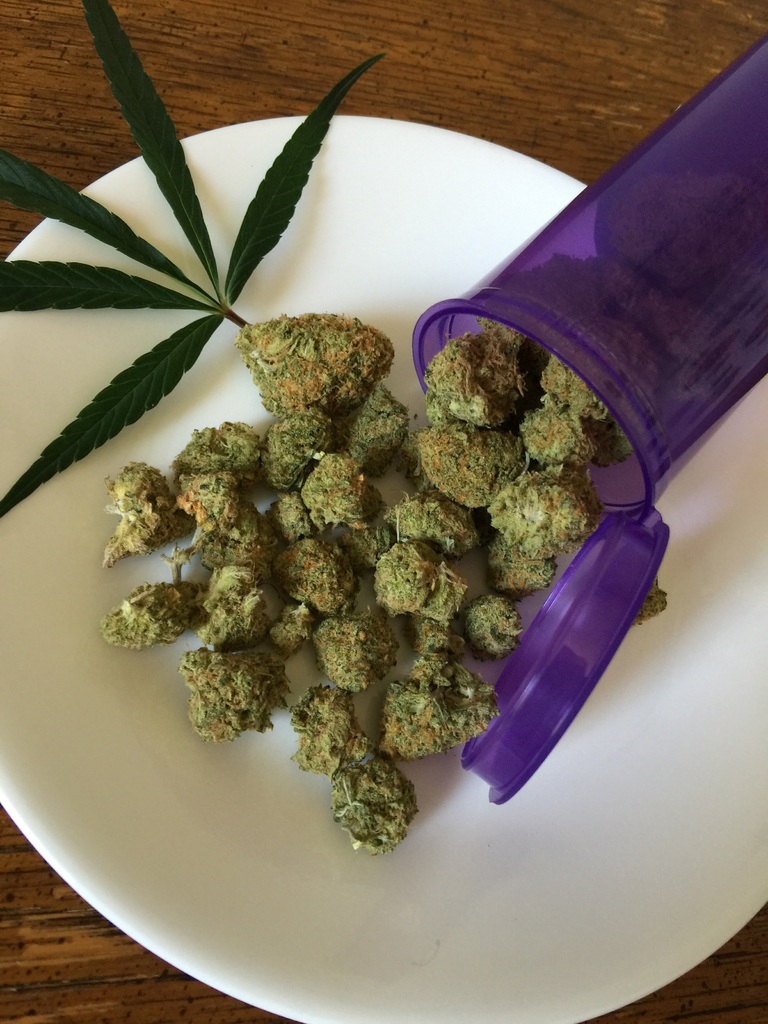California Bans Hemp-Derived THC Products Amid Regulatory Concerns
LOS ANGELES- California has implemented a ban on hemp-derived THC products following the approval of emergency regulations proposed by Governor Gavin Newsom. Effective September 23, 2024, the new rules prohibit any hemp-based products containing detectable amounts of THC from being sold in the state, marking a significant shift in the hemp industry.
The regulations, designed to protect public health, especially youth, mandate that all hemp-derived products contain “no detectable amount of total THC” and restrict sales to individuals aged 21 and older. Additionally, these products are now limited to five servings per package. This has impacted a range of hemp-based products, including beverages, capsules, gummies, and topicals.
Governor Newsom emphasized that the ban aims to prevent children from accessing intoxicating hemp products, citing concerns over unregulated sales in retail outlets like gas stations and convenience stores. The California Department of Public Health (CDPH) has stated that the restrictions respond to an uptick in incidents related to the consumption of these products, including reports of injury and illness.
The emergency regulations will remain in place until March 2025, with enforcement by multiple state agencies, including the Department of Cannabis Control (DCC) and local law enforcement.
While intoxicating cannabis products are still available through licensed dispensaries, non-intoxicating CBD products with traceable THC content are now prohibited. This distinction has drawn criticism from hemp producers, who argue that the ban goes too far. Charlotte’s Web, a major CBD manufacturer, called the regulations an overreach that unjustly targets non-intoxicating products.
Industry stakeholders, including the U.S. Hemp Roundtable (USHR), have expressed concern over the economic impact of the ban, which they estimate could eliminate up to 95% of hemp products in the California market. The USHR has vowed to challenge the new rules through legal avenues, arguing that they disproportionately affect non-intoxicating products while failing to address synthetic cannabinoids.
Despite the backlash, California’s government views the ban as necessary to close regulatory loopholes and enhance public safety. Governor Newsom’s office has defended the regulations, stating that they align with the state’s commitment to safeguarding consumer health and preventing youth access to potentially harmful products.
This move reflects a growing trend across the U.S., with other states, such as Missouri, taking similar steps to regulate hemp products that contain intoxicating cannabinoids.



































